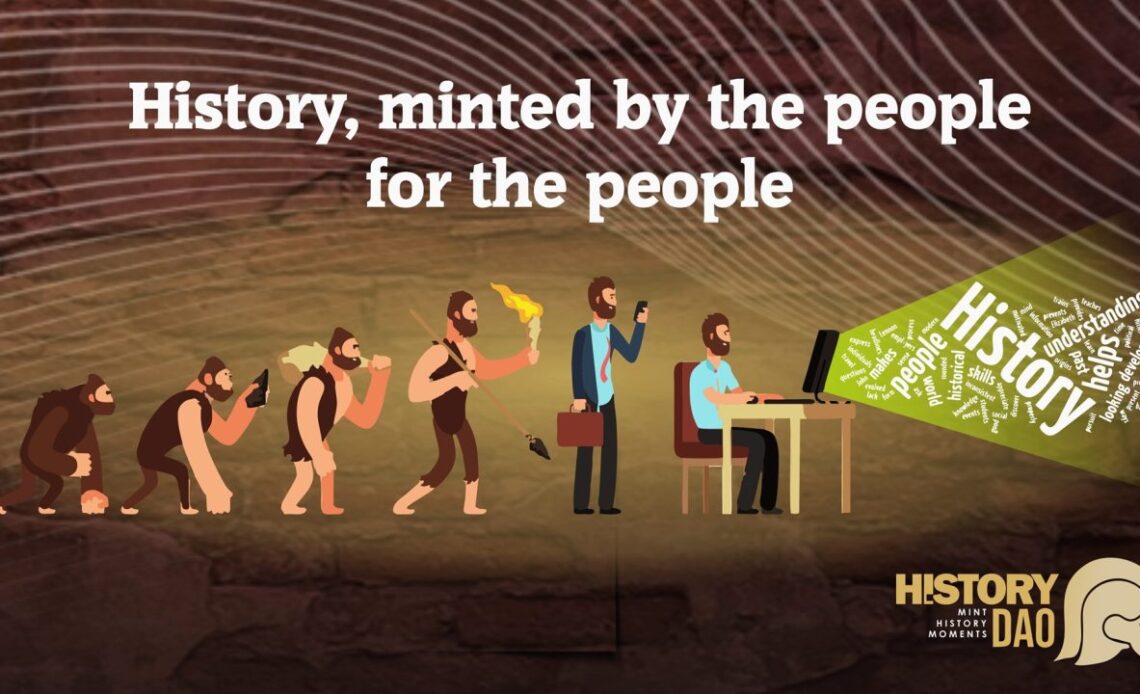sponsored
Humans have sought to preserve memories since prehistoric times, etching images into cave walls and tying knots into a crudely fashioned cord. Tribes and clans gave birth to language that could preserve the past in words, and words found their way into print forms, thereby conceiving history.
In the information age, the Internet has become the carrier of historical records, which achieved an almost geological level of permanence through the power of immutable “blocks” recorded on blockchains.
Blockchain was a timely development–a solution, in fact, to certain curses of history.
What are the curses of history?
Centralized historical records: From ancient times to the present, the power to record history has been in the hands of centralized entities. Unofficial history and folk records may be available but are obscured by media nobility. Yet, despite the “information age,” this situation remains unbroken and arguably worse, as powerful centralized media accumulate more power than ever before. Meanwhile, the crypto world has produced a means to record that any central authority cannot access.
The volume and complexity of information are overwhelming: Under the massive pile of data defining the information age, it is nearly impossible to either judge or asserts what is true. Ordinary people whose voices are minimized lack the means to assert their history. Perhaps in the future, as little will survive that can be believed about us as has survived from centuries before.
HistoryDAO aims to solve the above through Web3 & blockchain technology.
Using blocks to carry history
During his exile, Herodotus wrote the book Ἱστορίαι (History) from his perspective, recording what he heard and saw during his travels throughout the Persian Empire in the 5th century BCE. This is the first entirely handed down the historical record in Western history. The Roman orator Cicero called him “the father of history.”
As objective as Herodotus may have intended, all that he recorded was necessarily subjective from his point of view. Historical records typically lack certain fairness in this regard.
Famously, “history is written by the victors,” but the truth is known by those who experience it. Even the ancient Greek historian Thucydides attempted to overcome the issue with a commitment to rigorous data collection and causal analysis. He consciously avoided reliance on third-hand impressions, noting, “The events described are either…
Click Here to Read the Full Original Article at Bitcoin News…
























